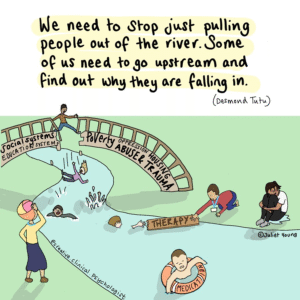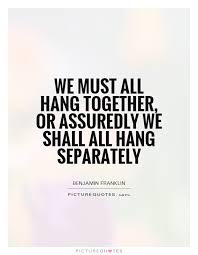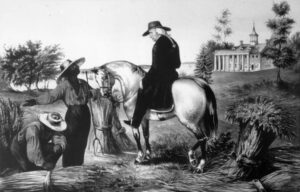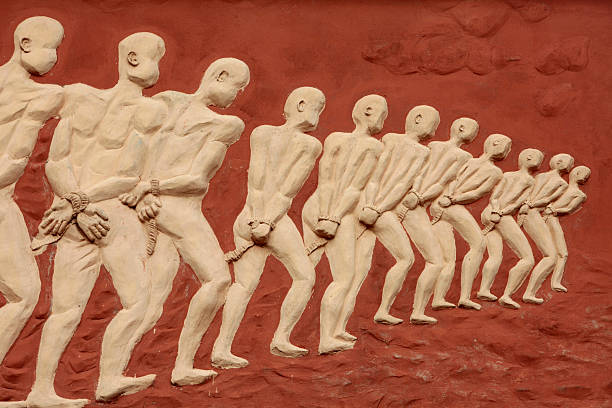To read today’s post in its optimal format, please go to the Just A Thought website. Please click here.
“There comes a point where we need to stop just pulling people out of the river. We need to go upstream and find out why they’re falling in.” ~ Bishop Desmond Tutu

I’ve been wondering why so many have lost the capacity to see their own aspirations in the aspirations of others.
Why would anyone want to deny others their dreams while so jealously guarding their our own?
Why can’t we all dream together?
It’s as if some have chosen to travel alone, down the River Styx, to a netherworld where there exists no —
- compassion,
- empathy, or
- good will.
In Greek mythology, the River Styx lay on the boundary between the world of the living and the dead. In this mythology, death is a dark world devoid of empathy.
The name Styx came from the Greek word meaning hatred or abhorrence and came to symbolize the irreversible transition from life to death.
The river’s crossing represents:
- the complete break from mortal ties
- the place where human caring ceases to exist
For whatever reason, many are breaking the mortal ties that for so long have bound us together.
We are being made sick by a world running short on empathy.
It’s time we revisit the Golden Rule.
The Golden Rule has been around a long, long time. It can be found in all spiritual traditions — Ancient Greek and Egyptian, Hindu, Jewish, Muslim, Christian, Buddhist, and native indigenous traditions. Some form of the Golden Rule has been the organizing principle around every human tradition known.
Indeed, evidence of an “empathetic community” was uncovered at an archaeological site in northern Vietnam dating back 4,000 years.
They discovered a young man in his grave who was different from the others:
He was curled up in the fetal position.
It turned out he was laid to rest as he lived — as an invalid.
Further examination showed the young man suffered from a rare congenital disease that fused the vertebrae of his spine.
It would have left him paralyzed from the waist down from the time he was a small child.
Yet the scientists concluded that this young man lived many years past his adolescence.
Meaning for years, perhaps decades, others had to:
- care for him,
- feed him,
- keep him safe from danger.
Why is this significant?
Because it shows how human bonds are formed through empathy.
Our willingness see our own life played out in the life of another. The willingness to imagine what it is like to be another — to feel the pain, the hopes, the experiences of another.
And the willingness treat the other as we ourselves want to be treated.
And yet living according to the Golden Rule is frightfully difficult.
Fear and prejudice can so easily overwhelm us and compromise our ability to feel another’s pain.
Then, In no time, we find ourselves traveling down the dark river to a world devoid of empathy.
In American Lion: Andrew Jackson in the White House, Jon Meacham tells the story of another dark passage when one race of people were held in bondage by another.
Here’s one account:
“Alfred was a man of powerful physique, and had the brains and executive powers of a major-general,” Brinkerhoff recalled.
“He was thoroughly reliable, and was fully and deservedly trusted in the management of plantation affairs.”
Brinkerhoff ran into Alfred one evening on the grounds but found him “unusually reticent and gloomy.” Looking at Brinkerhoff, Alfred asked:
“You white folks have easy times, don’t you?”
“Why so, Alfred?” I asked.
“You have liberty to come and go as you will,” he replied.
I soon found that he was full of discontent with his lot, and I thought it wise to turn his attention to the brighter side.
I showed him how freedom had its burdens as well as slavery. God had so constituted human life that every one had a load to carry. He was the wisest and the happiest who contentedly did his duty, and looked to a world beyond, where all inequalities would be made even.
Alfred did not seem disposed to argue the question with me.
He quietly looked up at me and popped this question: “How would you like to be a slave?”
It is needless to say I backed out as gracefully as I could. I have never found an answer to the argument embodied in his question.
The Golden Rule is the only answer.
Think about it.
What do we have without it?
Just a thought…
Pat










